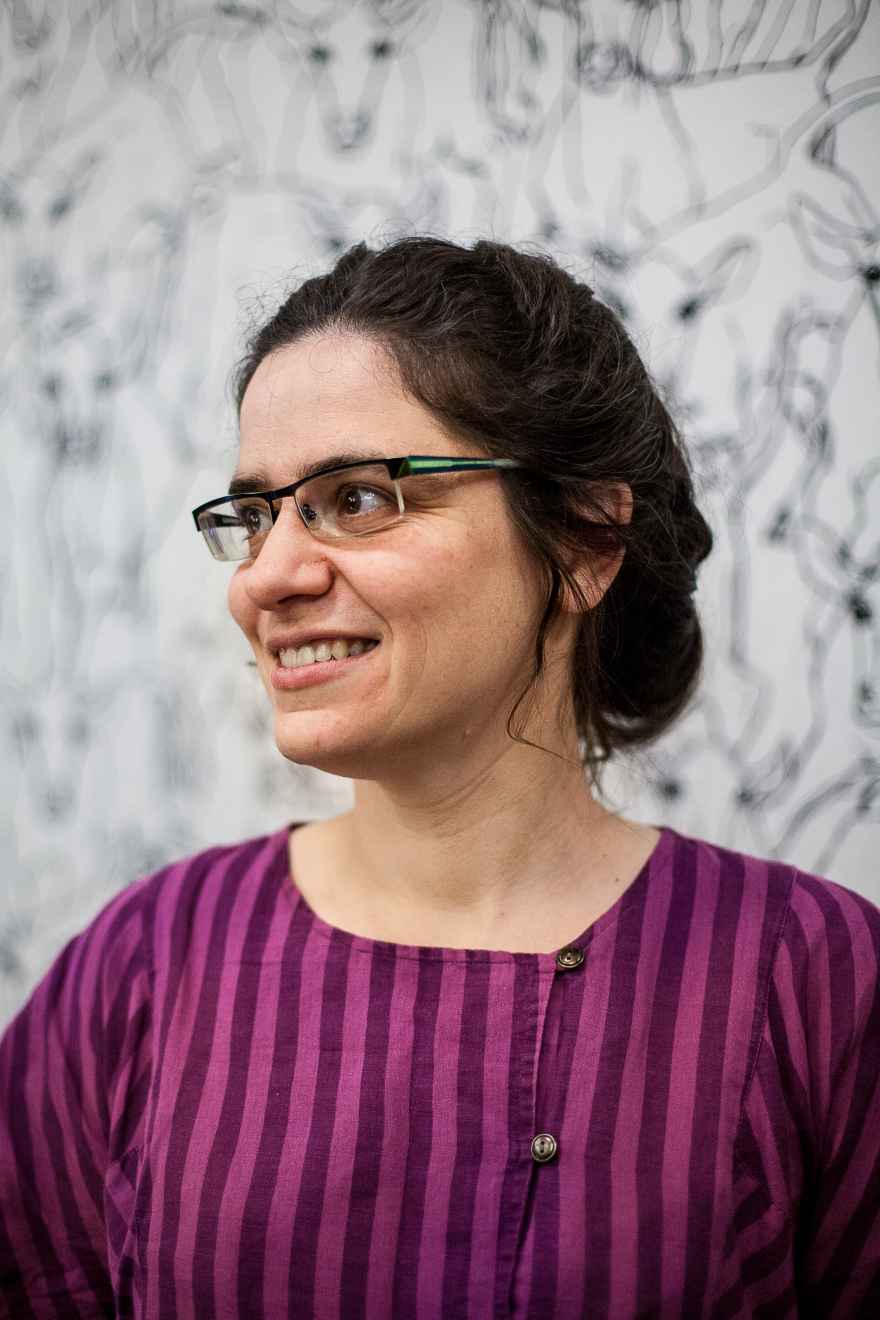UChicago Philosopher Agnes Callard Receives 2020 Lebowitz Prize

By Sara Patterson
For University of Chicago philosopher Agnes Callard, becoming someone is an extended learning process—a project of self-transformation that hinges not on specific rational decisions, but on aspiring to new values.
She introduced that idea in Aspiration: The Agency of Becoming, a 2018 book that one reviewer called “deep and broad in its philosophical reach.” That reviewer was Laurie Paul, the Yale University scholar with whom Callard now shares the 2020 Lebowitz Prize, awarded in recognition of outstanding achievement in the field of philosophy.
The award, announced April 13, is given annually to two scholars who hold contrasting philosophical perspectives “that is of current interest both to the field and to an educated public audience.” Callard and Paul will present their arguments at a January 2021 event in New York City, as well as through a podcast.
Prof. Gabriel Richardson Lear, who nominated both Callard and Paul for the Lebowitz Prize, called their proposed topic, “Personal Transformation and Practical Reason,” “inherently fascinating.”
“Agnes Callard and Laurie Paul are both immensely engaging public speakers who thrive on the give and take of philosophical conversation,” said Lear, who teaches in the Department of Philosophy and in the Committee on Social Thought. “They are both full of good humor, but also are not afraid to make (or to receive) a pointed objection.”
Like Callard does in Aspiration, Paul’s book Transformative Experience reflects on the limits and nature of practical rationality. The two philosophers consider cases in which an individual chooses to undergo a transformative experience, such as becoming a parent, in which a person’s values radically change.
“In my view, becoming a parent is not a decision,” said Callard, an associate professor in the Department of Philosophy. “I think it’s a learning process like learning French. An individual’s understanding of being a parent improves and evolves—it’s a moving target. For example, I have a teenager, and I’m still learning how to be a parent.”
On the other hand, Paul contends a person has to make a decision to be a parent—either rationally or not well considered—and has to adapt to a new set of values.
Callard’s affinity for philosophical arguments is evident in Night Owls, the discussion series she launched in 2017 to much acclaim and student participation—and which she recently moved online. “Night Owls is a way of doing philosophy with more people on more topics than I would do otherwise,” she said. “In philosophy, there are certain areas that philosophers haven’t thought about. When I am working out ideas, it helps me to talk to non-philosophers.”
Callard was once a reluctant philosopher. When she entered UChicago as an undergraduate, her firm intention was to be a physics major. She was more comfortable in the world of science and math, which she thought were held to more objective standards.
“My first quarter at UChicago, a professor in the Humanities made it plain to me that in subjects such as philosophy, English and history, there are real standards and truth,” said Callard, AB’97. “It’s not just arbitrary as I’d thought, and that turned my thinking around.”